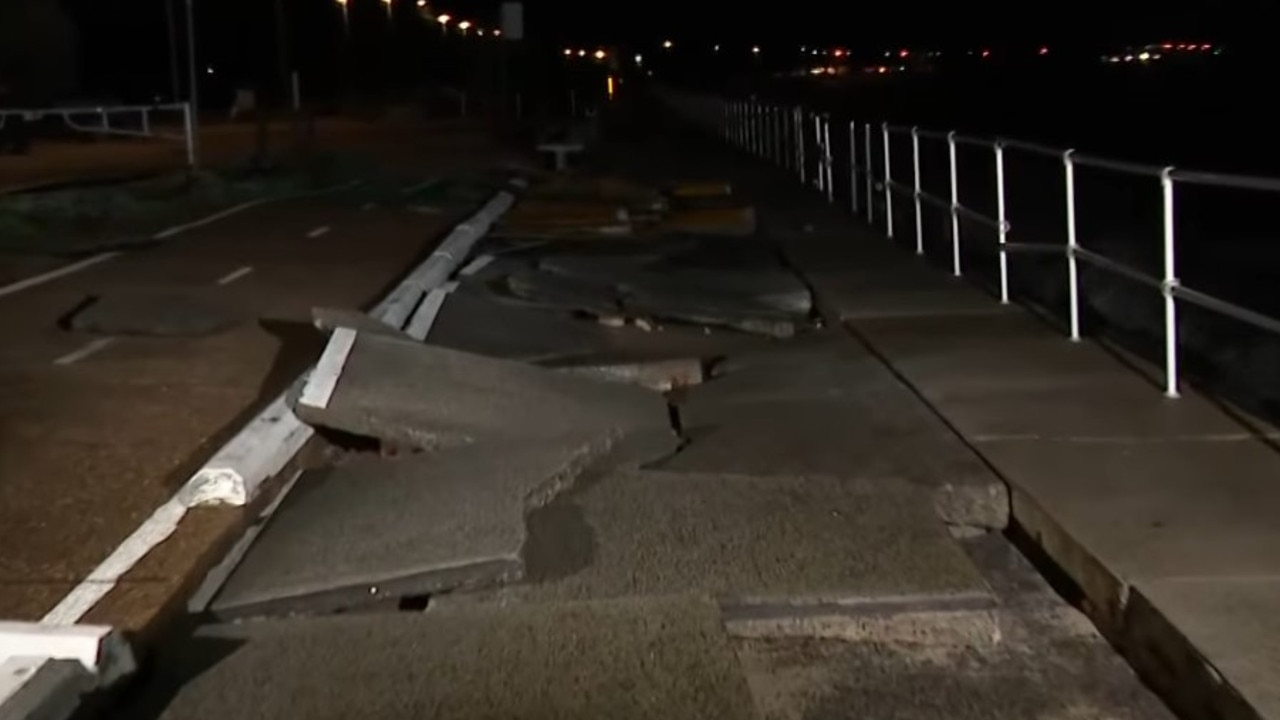Housing crisis could worsen if Govt scuttles Glebe Island port
A report from independent experts warns getting rid of Glebe Island port to put up high-rise apartments will worsen - not help - Sydney’s housing crisis. Find out why.
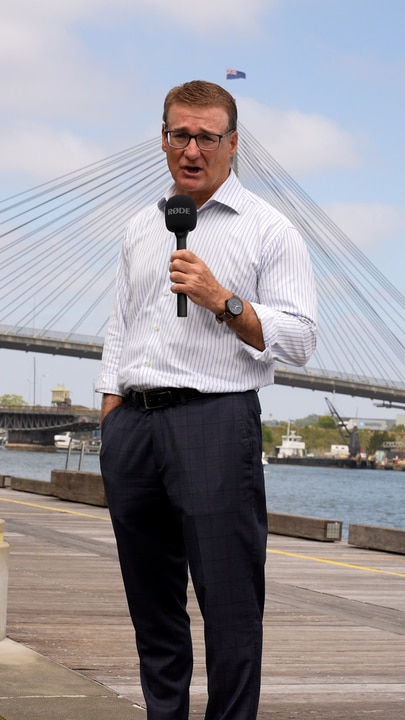
NSW
Don't miss out on the headlines from NSW. Followed categories will be added to My News.
An explosive new report claims the NSW housing crisis could worsen if the Minns Government shuts down Sydney’s last working port at Glebe Island to make way for high-rise apartments.
The bombshell finding comes from independent experts who also predict the first residential developments are unlikely to be delivered on the site before 2037 due to the need for extensive decontamination and remediation works.
Consultancy firm Urbis prepared an economic assessment and cost benefit analysis on Glebe Island for Business Sydney – one of 24 organisations in a Working Port Coalition fighting to save the maritime hub.
Urbis says high construction costs are the biggest obstacle to delivering large-scale housing projects and relocating port operations will only compound the issue.
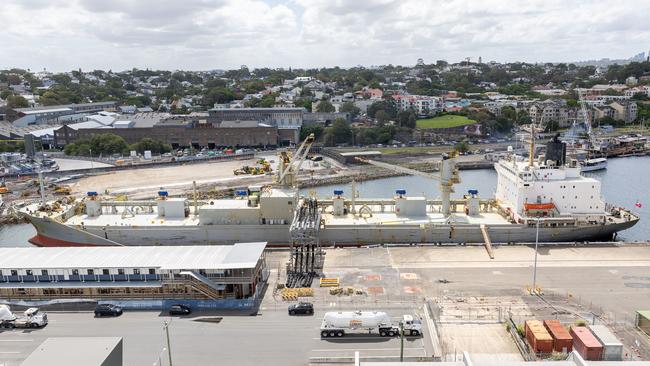
“As Sydney’s last remaining deep water port, Glebe Island plays a unique role in Sydney’s supply chain network of food and construction materials (including cement, gypsum and sugar),” the report reads.
“Shifting port activities to less accessible areas, such as Port Kembla or the Port of Newcastle, would increase shipping costs and slow down trade.
“This could exacerbate construction costs and, in turn, housing costs, or lead to projects becoming too unfeasible to develop, further contributing to the housing crisis.
“The most strategic role that Glebe Island can play in addressing the housing crisis is to continue its working harbour role and function.”
The study’s cost benefit analysis compares leaving Glebe Island untouched as a working port against removing the facility and replacing it with high-density housing.
The report says NSW would be $558 million worse off over a 40 year period if it converted Glebe Island to solely residential use.
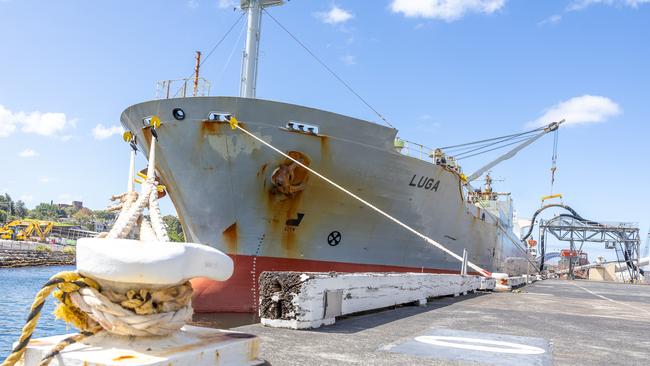
It cites $770 million in supply chain impacts where industries currently utilising Glebe Island would need to shift operations to Port Kembla or Newcastle.
Another $100 million in lost tourism is also forecast with events including the New Year’s Eve fireworks and Sail GP seriously hampered by any port closure.
The Minns Government is reviewing future use at Glebe Island due to the planned 2032 opening of a Bays metro station and a desire to maximise housing around the transport hub.
While the Urbis report considered binary outcomes of either port or housing on Glebe Island, the Coalition held a summit on Friday and will urge the government to consider a hybrid solution.
After hearing from UK experts about similar scenarios in Britain, the Coalition wants to explore retaining port facilities with housing behind the industrial zone.
“It was a working meeting and we wanted to have a conversation about what might be possible,” Coalition member, Tourism & Transport Forum CEO Margy Osmond, said.

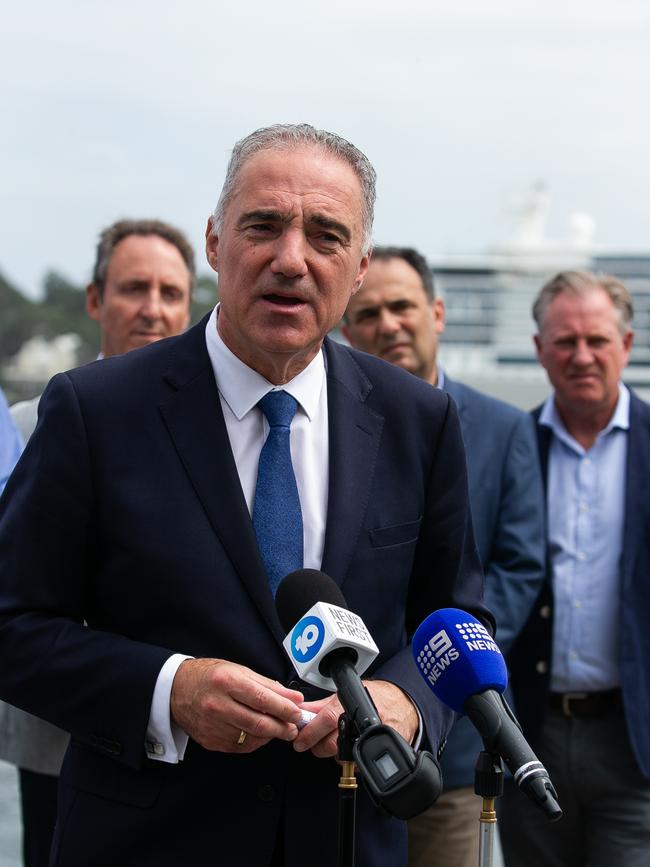
“We had government department people there as well … we’re grateful they were represented.”
Business Sydney executive director Paul Nicolaou added: “The study confirms that whatever the benefits of closing Sydney’s only working port might be, they are far outweighed by the need to retain Glebe Island and its industries.”
A NSW Government spokesperson said the review process has involved “extensive consultation with stakeholders and is a complex set of considerations”.
“The government will have more to say when the review is complete,” the spokesperson said. “Any decisions on the future of the site will be underpinned by robust and detailed analysis on any flow-on impacts.”
More Coverage
Originally published as Housing crisis could worsen if Govt scuttles Glebe Island port



